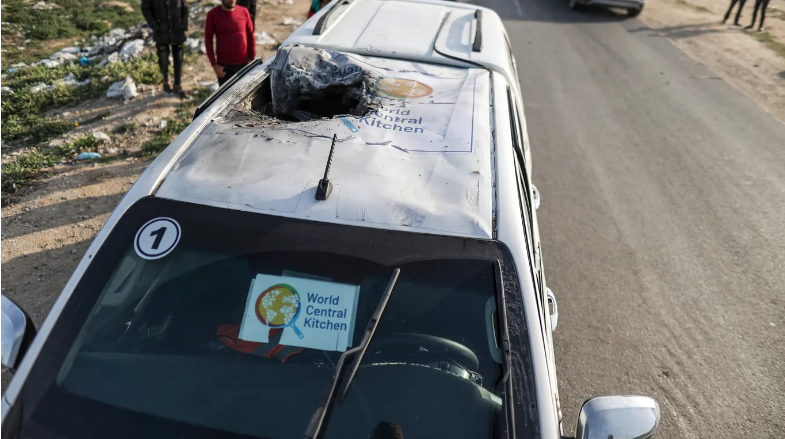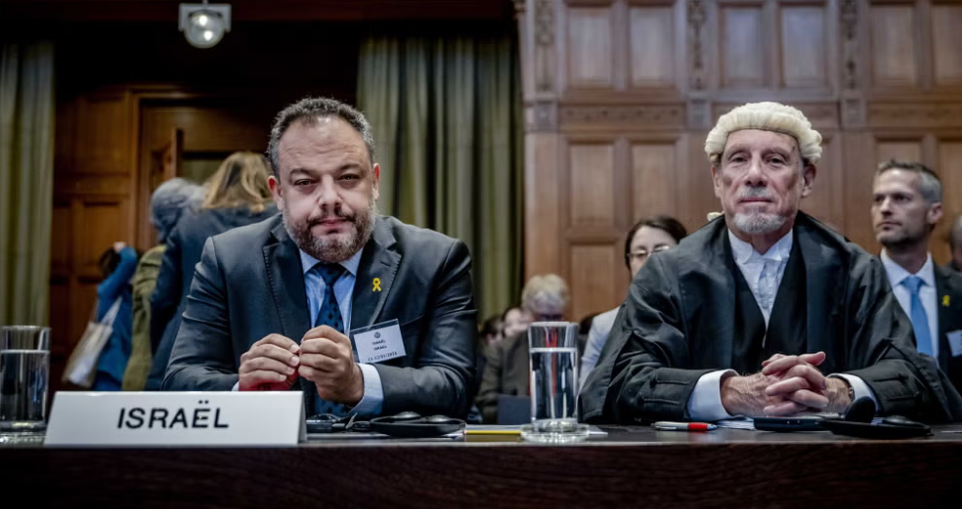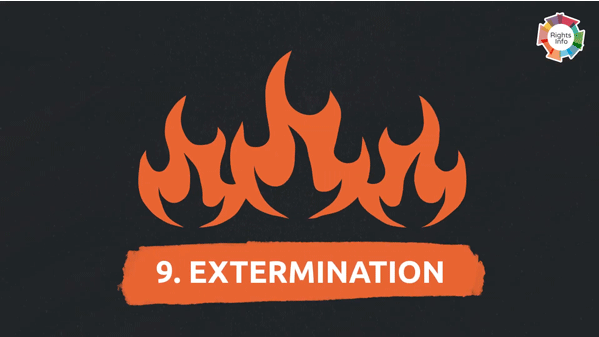Tag: Israeli Army
-
Occupation Forces Targeted Series of Strikes Kills 7 Aid Workers in Gaza
02 April 2024 | International Solidarity Movement | Deir al Balah, Gaza Following the offloading of a desperately needed 100+ tons of humanitarian aid into a Deir al Balah aid storage warehouse, a seven-person, three-vehicle World Central Kitchen convoy was traveling a deconflicted coastal road when the first Israeli army targeted strike…
-
ICJ Day 2: Dismantling Israel’s Defense on Genocide Charge
12 January 2024 | International Solidarity Movement | The Hague, Netherlands One day after a chilling presentation by South Africa’s legal team, constructing a sweeping case against Israel for genocidal intent and acts amounting to genocide of the Palestinian population in Gaza, Israel took its place before the 15 judge panel to try…
-
The Language of Genocide: Israel’s Extermination Rhetoric
To whatever extent that rhetoric is a common tool of war, Israeli politicians and public figures have prolifically furnished the relentless and ongoing bombardment of the Gaza Strip with the language of genocide and ethnic cleansing.



